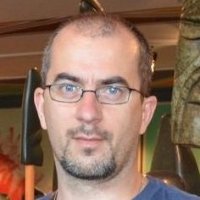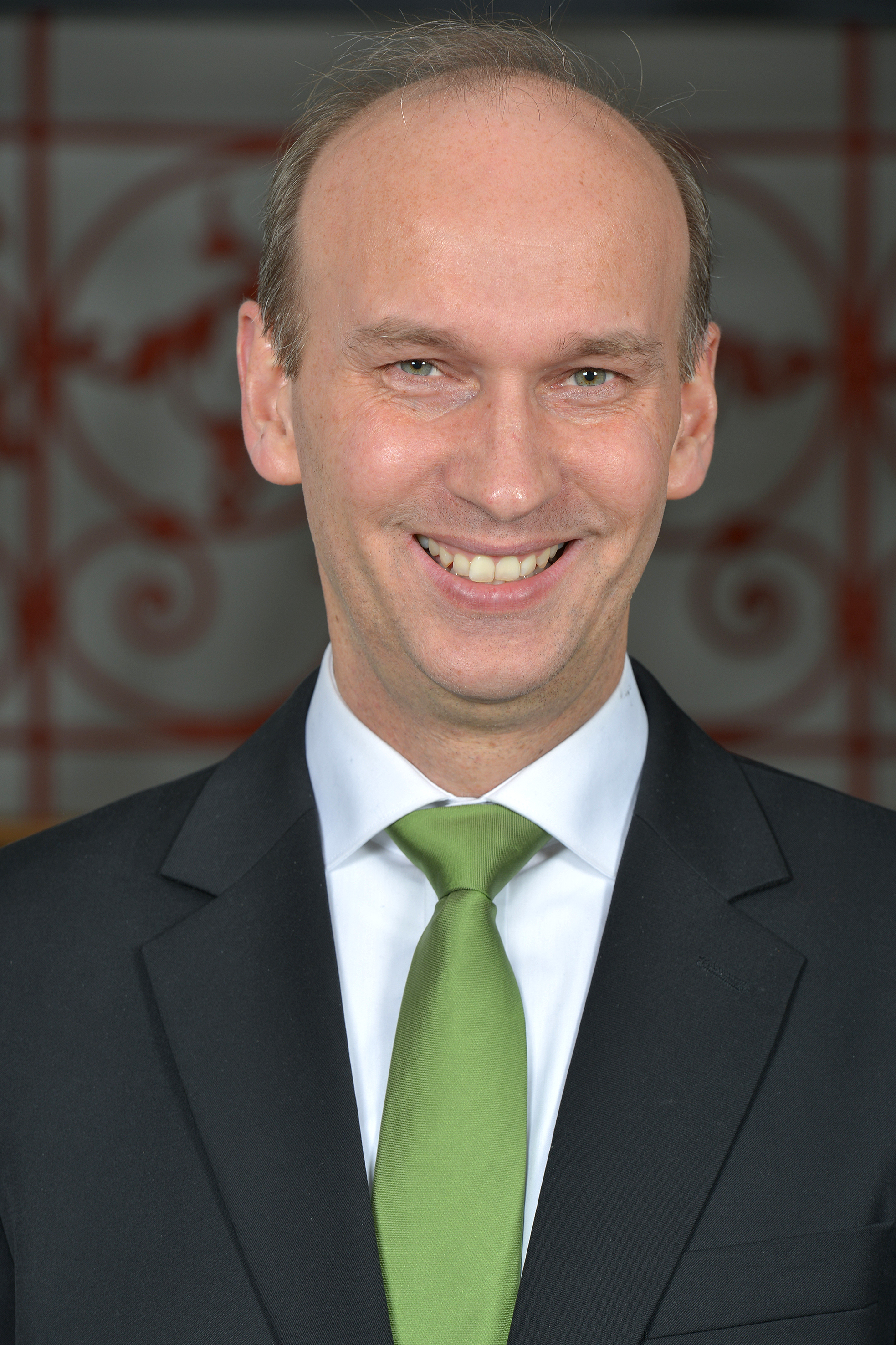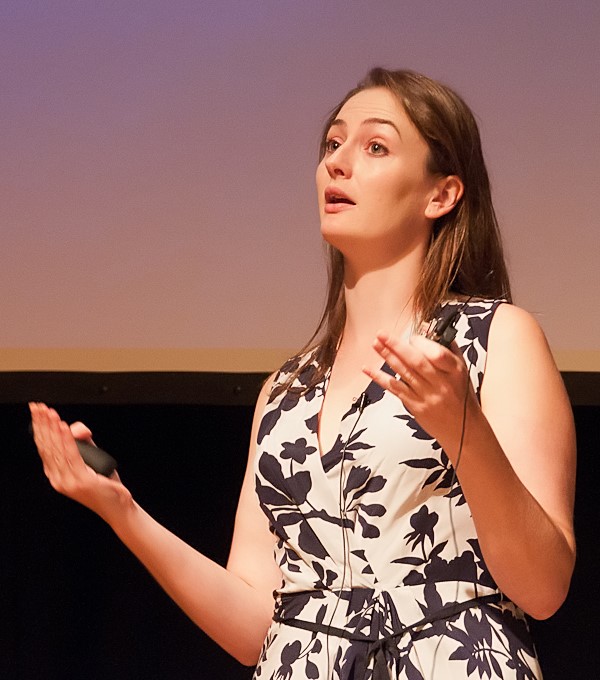 François Flückiger | CERN
François Flückiger | CERN
An Internet Veteran, François Flückiger was inducted into the Internet Hall of Fame in 2013 ("Influential engineers, activists, and entrepreneurs changed history through their vision and determination").
Director of the CERN School of Computing from 2003 to 2013, he was in charge of CERN external networking for two decades and held positions in infrastructure and application networking.
He was at the inception of Internet initiatives including CCIRN, RIPE, Ebone and ISOC. He took over Tim Berners-Lee to manage CERN's World-Wide Web team when the Web inventor left CERN for the MIT. As leader of the CERN Web team, he organized in 1994 the first ever open-source release of the CERN web software.
He is a lecturer at the University of Geneva, a member of the Internet Society Advisory Council (ISOC) and the W3C Advisory Committee, and the author of the reference textbook "Understanding Networked Multimedia" as well as more than 80 articles. He has 40 years of experience in networking and information technologies.
François Flückiger graduated from the Ecole Supérieure d'Electricité in 1973 and holds an MBA from the Enterprise Administration Institute in Paris in 1977.
 Andrei Gheata | CERN
Andrei Gheata | CERN
Andrei Gheata is an applied HEP physicist. He graduated in 1994 the University of Bucharest and holds a PhD in particle physics from the same university. Early 2000s he started working in the ALICE offline team at CERN, becoming an expert in several areas related to simulation, notably geometry modelling.
Andrei is the main author of several software components used in production by the ALICE experiment, in particular the data analysis framework.
Since 2015, Andrei is working on simulation code modernization and performance optimization in the CERN Software group, being actively involved in prototyping and developing parallel and vectorized solutions within the ongoing simulation R&D projects.
 Bob Jacobsen | University of California, Berkeley, USA
Bob Jacobsen | University of California, Berkeley, USA
Bob Jacobsen is an experimental high-energy physicist, currently working on using machine learning techniques to search for dark matter with the LUX and LZ liquid xenon detectors. He is the Freedman Professor of Physics at the University of California Berkeley, where he also serves as a Dean of the College of Letters and Science.
He has previously been a member of the BaBar (PEP-2), ALEPH (LEP) and MarkII (SLC) collaborations. His original academic training was in computer engineering, and he worked in the computing industry before becoming a physicist.
 Sebastian Lopienski | CERN
Sebastian Lopienski | CERN
Sebastian Lopienski is director of the CERN School of Computing (CSC).
Sebastian also serves as CERN's deputy Computer Security Officer. He works on security strategy and policies; offers internal consultancy and audit services; develops and maintains security tools for vulnerability assessment and intrusion detection; provides training and awareness raising; and does incident investigation and response.
During his work at CERN since 2001, Sebastian has had various assignments, including designing and developing software to manage and support services hosted in the CERN Computer Centre; providing Central CVS Service for software projects at CERN; and development of applications for accelerator controls in Java. He graduated from the University of Warsaw (MSc in Computer Science) in 2002, and earned an MBA degree at the Enterprise Administration Institute in Aix-en-Provence in 2010.
His professional interests include software and network security, distributed systems, and Web and mobile technologies. In his free time, he enjoys sailing, kitesurfing, skiing and traveling.
 Eamonn Maguire | Facebook, United Kingdom
Eamonn Maguire | Facebook, United Kingdom
Eamonn completed his DPhil (PhD) at the University of Oxford in computer science, focused on data visualization, in particular the systematisation of glyph design.
His research interests are in the merging of machine learning and visual analytics, where he currently plies his trade as a Data Scientist at Pictet Asset Management in Geneva.
Until November 2016 he was a Senior Marie Curie COFUND Fellow at CERN where he led development of the new hepdata.net platform and contributed to numerous other visualization and data projects at CERN.
Before that, he was the lead software engineer at the Oxford University e-Research Centre, where he led development of bioinformatics tools and a visual analytics platform for corporate insider threat detection.
 Alberto Pace | CERN
Alberto Pace | CERN
Alberto Pace is a member of the IT department at CERN where he leads the Storage group ensuring a coherent development process for Physics Data management activities, strongly driven by operational and user needs.
For several years he has been an official judge at the Intel Science & Engineering Forum (ISEF), and currently represents CERN in the Advisory Board of the Internet Society (isoc.org) and the World Wide Web Consortium (w3c.org)
He has more than 20 years experiences in computing services, infrastructure, software engineering, accelerator control and accelerator operation. He graduated in Electronic Engineering from Politecnico di Milano (Italy) in 1987, where he received the first prize out of all the students of the North Italy section.
 Andreas J. Peters | CERN
Andreas J. Peters | CERN
Andreas Peters is member of the CERN data management group. Since 1997 he worked as a student for the NA48 Collaboration at CERN in the development of the data acquisition system and a zero suppression system for the electro-magnetic calorimeter. He finished his PHD in physics at the University of Mainz in 2002 studying direct CP-violation in the neutral kaon system. 2002 he joined as a research fellow the ALICE experiment doing mainly development of GRID software and data management tools.
From 2004 on he stayed at CERN working for the European grid project EGEE focused on development of end-user tools for distributed analysis and distributed data management. In 2008 he joined the CERN data management group doing research and development for future data management at CERN.
Since 2010 he is project leader and core developer of the EOS storage system providing 135 PB of disk storage to all CERN experiments and a large user community.
 Ivica Puljak | University of Split - Croatia
Ivica Puljak | University of Split - Croatia
Ivica Puljak is Professor of Physics at University of Split, Faculty of electrical engineering, mechanical engineering and naval architecture (FESB). He obtained PhD from University Pierre and Maire Curie in Paris in 2000, while working at Laboratory Leprince Ringuet (LLR) at Ecole polytechnique, Palaiseau. He was head of Department of mathematics and physics, head of Chair of physics and Vice-Dean for Science and Informatics at FESB, member of Board of governors of Institute Rudjer Boskovic in Zagreb and has been awarded with several national and international prizes for science and education. In 2011/2012 he was research associate at CERN and in 2016/2017 distinguished visiting professor at Ecole polytechnique, Palaiseau, France.
He is a member of CMS collaboration since 1994 and MAGIC collaboration since 2009. His research interests are construction of the electromagnetic calorimeter of the CMS detector, physics of the Higgs boson and astroparticle physics.
 Arnulf Quadt | Universität Göttingen - Germany
Arnulf Quadt | Universität Göttingen - Germany
Arnulf Quadt is Full Professor of Physics at the University of Göttingen. He obtained his PhD from the University of Oxford, working on the ZEUS experiment at HERA. Subsequently, as postdoc he worked on projects on ZEUS at HERA, OPAL at LEP, D0 at the Tevatron and ATLAS at the LHC with the following institutes: University of Oxford, CERN, University of Bonn, Rochester University, Max-Planck-Institute of Physics and the University of Göttingen.
He founded the particle physics institute at the University of Göttingen in 2006. His main research interests are top quark physics, searches for Higgs bosons, searches for supersymmetry, grid computing and the ATLAS pixel detector.
He is the ERASMUS coordinator of the physics department, and hence deeply involved in teaching students from different countries as well as the transfer of credit points and grades.
Arnulf is the director of the II.Institute of Physics in Goettingen and teaching physics and computer science in Goettingen at undergraduate and graduate level.
 Anna Scaife | Jodrell Bank Centre for Astrophysics, University of Manchester - UK
Anna Scaife | Jodrell Bank Centre for Astrophysics, University of Manchester - UK
Anna Scaife is Professor of Radio Astronomy at the University of Manchester, where she is head of the Jodrell Bank Interferometry Centre of Excellence and academic Co-Director of Policy@Manchester.
She also holds the 2017 Blaauw Chair at the University of Groningen in the Netherlands. Her research uses radio astronomy to investigate the origin and evolution of large-scale cosmic magnetic fields, with an emphasis on machine learning methodologies for extracting information from large datasets.
Anna leads a number of projects in technical radio astronomy development and data intensive scientific computing as part of the Square Kilometre Array project, including leading the design of the computing for the European SKA Regional Centre.
In 2019, Anna received the Jackson-Gwilt Medal of the Royal Astronomical Society, awarded for advances in astronomical instrumentation and techniques. In 2014, Anna was honoured by the World Economic Forum as one of thirty scientists under the age of 40 selected for their contributions to advancing the frontiers of science, engineering or technology in areas of high societal impact.
 Enric Tejedor | CERN
Enric Tejedor | CERN
Enric Tejedor received his Ph.D. from the Technical University of Catalonia (UPC, Spain) in 2013.
He conducted his doctorate research as a member of the Grid Computing and Clusters group of the Barcelona Supercomputing Center, where he participated in several EU research projects. As part of his Ph.D., he also carried out two internships at the IBM T.J. Watson Research Center (NY, USA).
In 2015 he joined the CERN PH-SFT group as a senior fellow. He is currently working on ROOT parallelization and SWAN (a service for web-based analysis with ROOT).
